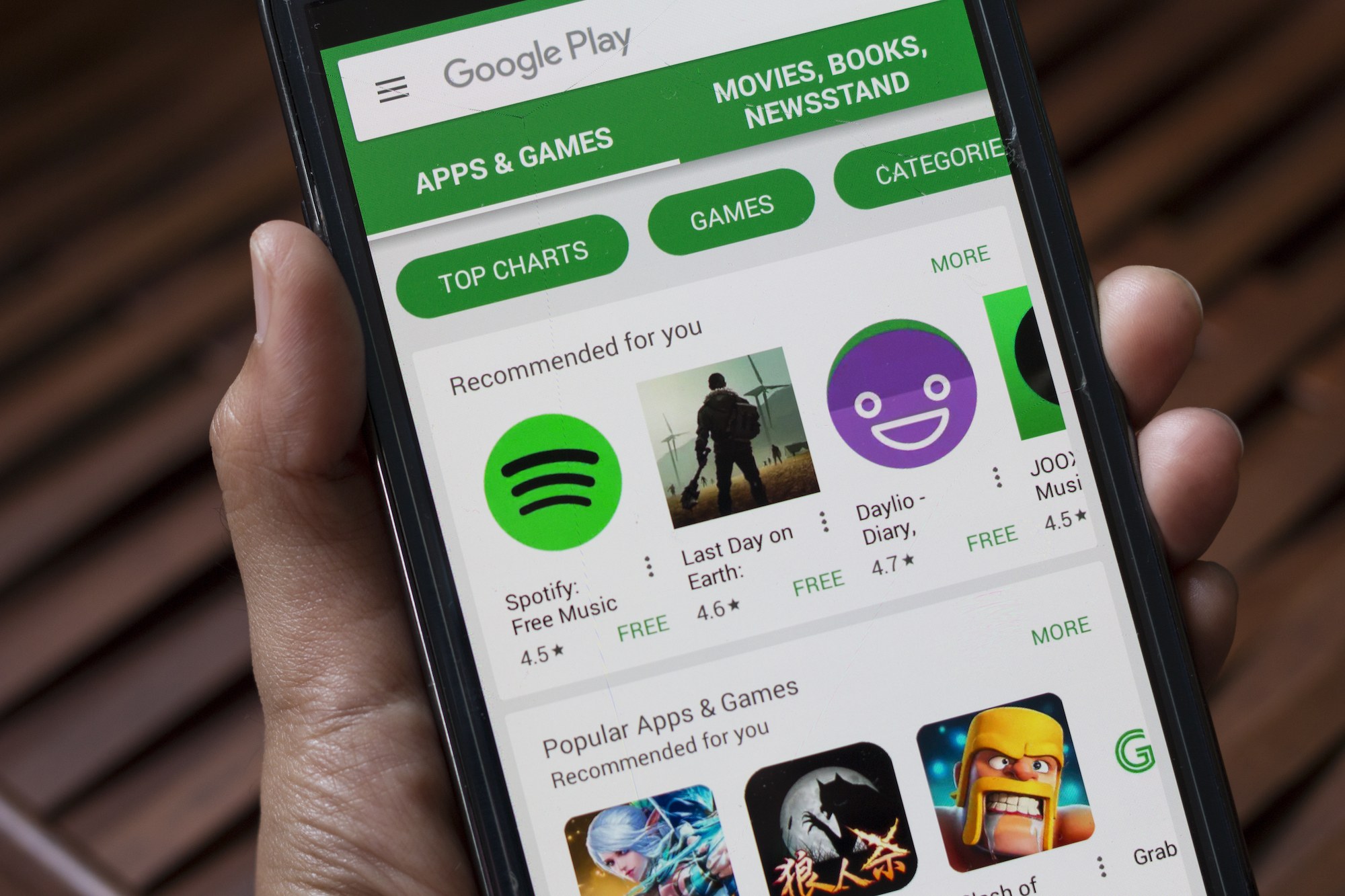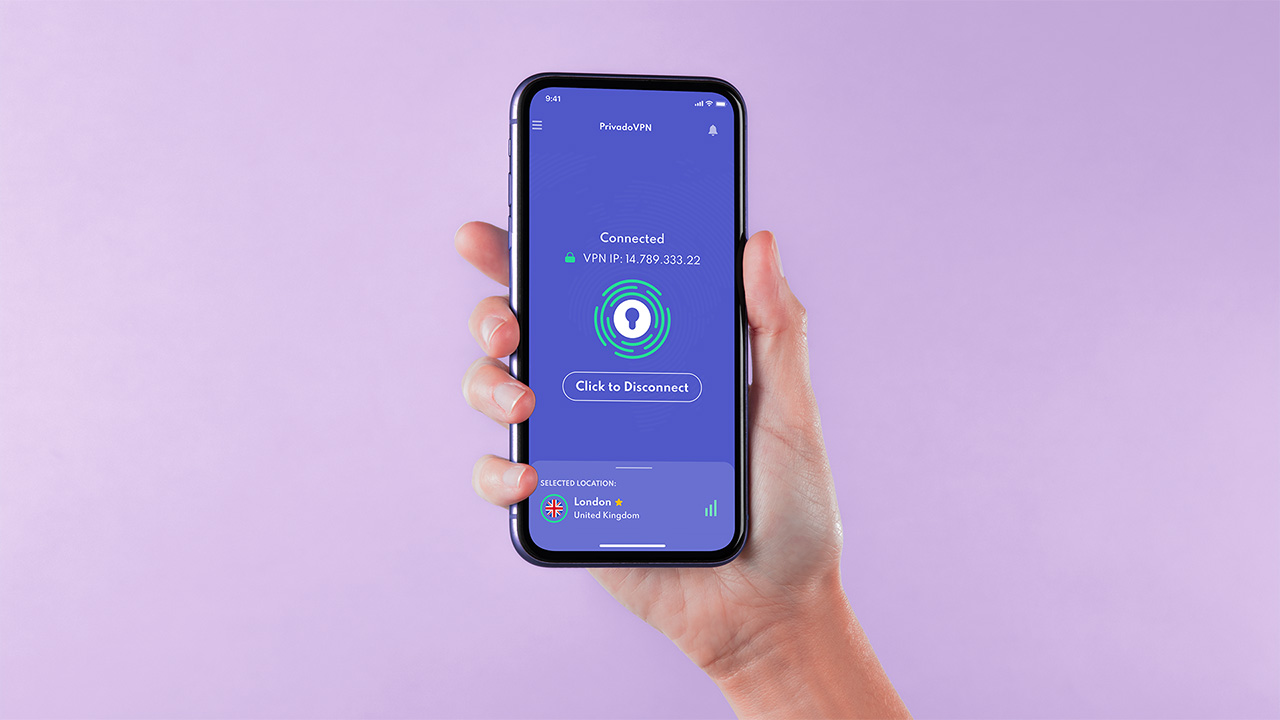Google is fixing one of the worst things about Android — here’s how
App install optimization promises three big benefits for Android users

Here at Tom’s Guide our expert editors are committed to bringing you the best news, reviews and guides to help you stay informed and ahead of the curve!
You are now subscribed
Your newsletter sign-up was successful
Want to add more newsletters?

Daily (Mon-Sun)
Tom's Guide Daily
Sign up to get the latest updates on all of your favorite content! From cutting-edge tech news and the hottest streaming buzz to unbeatable deals on the best products and in-depth reviews, we’ve got you covered.

Weekly on Thursday
Tom's AI Guide
Be AI savvy with your weekly newsletter summing up all the biggest AI news you need to know. Plus, analysis from our AI editor and tips on how to use the latest AI tools!

Weekly on Friday
Tom's iGuide
Unlock the vast world of Apple news straight to your inbox. With coverage on everything from exciting product launches to essential software updates, this is your go-to source for the latest updates on all the best Apple content.

Weekly on Monday
Tom's Streaming Guide
Our weekly newsletter is expertly crafted to immerse you in the world of streaming. Stay updated on the latest releases and our top recommendations across your favorite streaming platforms.
Join the club
Get full access to premium articles, exclusive features and a growing list of member rewards.
The Google Play Store is getting a clever crowdsourcing upgrade that should improve app and phone performance for everyone, whether they contribute or not.
9to5Google uncovered an official Google support page for something called “app install optimization”, and while the feature isn’t live yet, the site notes that references to it are included in the latest release of the software, suggesting it’s not too far away.
- What are the best Android phones you can buy?
- The best free Android apps around
- Plus: Cash App fraud up over 300% — what you need to know
According to the document, app install optimization monitors users’ usage when software is installed for the first time, allowing the company to learn which parts of any given app are most useful to the average Android owner.
“This information is combined with data from other people who use the app to find trends and identify which parts of the app are most important to everyone,” the support document explains.
If you take something like YouTube as an example, the system might assess that most people use the app for consuming video content, and few use it for uploading video or live streaming. In that instance, the Google Play Store might prioritize downloading the video playback elements, and only provide the extras when actively required.
The benefit of this is, according to Google, three fold. Firstly, app installation times will speed up as you’re only getting the bits that most users actually need to get up and running. Secondly, it should reduce the amount of time it takes to open and run apps, because the lesser used features aren’t bogging things down. This, in turn, should “reduce strain on your device’s CPU, battery and storage.”
Google is keen to highlight that app install optimization doesn’t collect any personal information, and doesn’t look beyond the app it’s analyzing. All the same, it will be possible to opt out from being monitored via the settings menu of the Play Store, the support document says.
Get instant access to breaking news, the hottest reviews, great deals and helpful tips.
Interestingly, opting out doesn’t stop you from enjoying the upside of wider community app surveillance. “If you turn off app install optimization, your apps can still benefit from data gathered from other people,” the support document explains. Though obviously if everybody takes that approach, then the crowdsourced data ceases to exist and the benefits vanish along with it.
Again, this feature isn’t live at the moment, so it’s not clear how much of an impact it will have on app performance. While those with brand new, top-of-the-range Android phones might not notice the difference, it could be a game changer for those frustrated by poor performance on budget devices.
- More: The best cheap phones right now
Freelance contributor Alan has been writing about tech for over a decade, covering phones, drones and everything in between. Previously Deputy Editor of tech site Alphr, his words are found all over the web and in the occasional magazine too. When not weighing up the pros and cons of the latest smartwatch, you'll probably find him tackling his ever-growing games backlog. He also handles all the Wordle coverage on Tom's Guide and has been playing the addictive NYT game for the last several years in an effort to keep his streak forever intact.
 Club Benefits
Club Benefits











